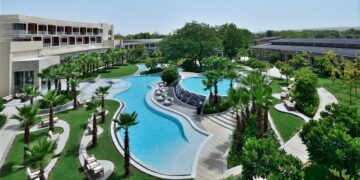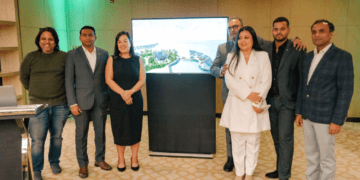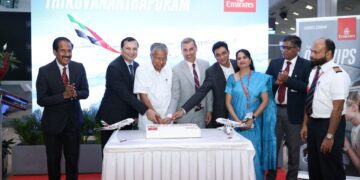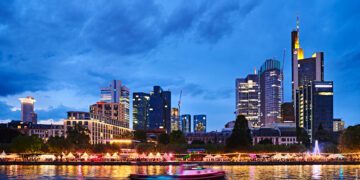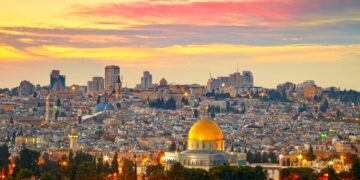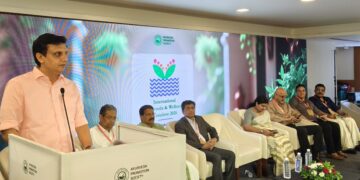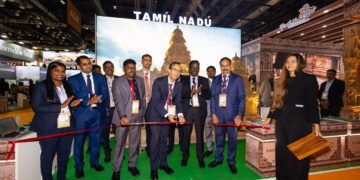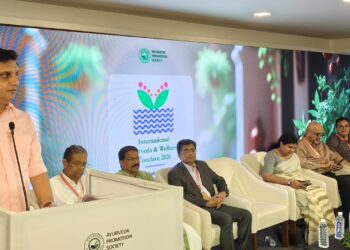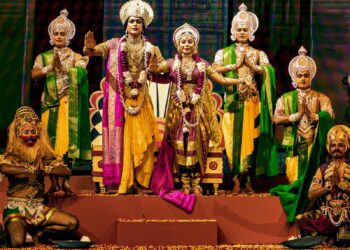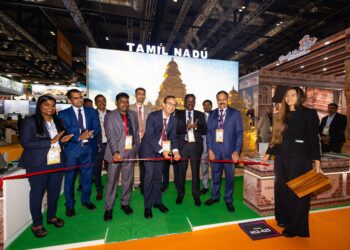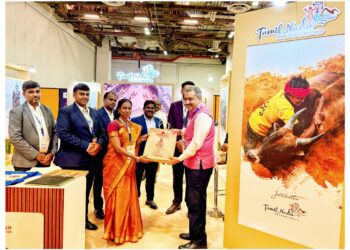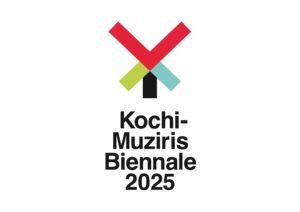
Seeking to enliven the interest of global audiences, the sixth edition of the Kochi-Muziris Biennale (KMB) will feature an absorbing spectrum of activities ranging from conversations to workshops, from films and theatre to food, music and choreographies alongside the exhibitions.
Spanned over 109 days, the engagements have been rustled up by a team under Mario D’Souza as the Director of Programmes, Kochi Biennale Foundation (KBF).
The programmes will unfold along with the artworks curated by Nikhil Chopra with HH Art Spaces, Goa. KMB is set to open on December 12 and run through March 31, 2026.
D’Souza, while giving an insight in the guiding principle, said thinking with people in today’s “fractured, polarised” world was a gift. “It is important to find joy, share a meal, grieve, and come to terms with loss. Resilience, in the face of adversity and forms of systemic erasure, is one of humanity’s greatest strengths. We honour caregivers and those that keep hope alive in our broken world.”
The Biennale Pavilion, which will host the events, has been named Primordial. Built by architect Senthil Kumar Doss, the Pavilion “is the beating heart of the biennale, activated by gatherings, events, and happenings’, according to KBF.
A section, titled ‘Invitations’ and initiated in 2022 in the post-pandemic landscape, will continue with its aim: “think with and learn from independent, artist-run initiatives, and public exhibitions from the Southern, majoritarian world.”
This year’s contributions will include Dar Yusuf Nasri Jacir for Art and Research (Palestine), Alice Yard (Trinidad and Tobago), Alkazi Theatre Archives, in collaboration with Alkazi Collection of Photography (India), Bienal das Amazônias (Brazil), Ghetto Biennale (Haiti), Khoj International Artists’ Association (India), Nairobi Contemporary Art Institute (Kenya), Packet (Sri Lanka) and ruangrupa/Gudskul (Jakarta).
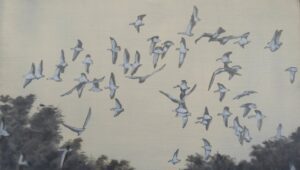
The pavilion programmes include “Nothing will remain other than the thorn lodged in the throat of this world,” a lecture-performance by Noor Abed and Haig Aivazian; a presentation of Somnath Waghmare’s documentary practice; and “Imagining Zomia,” a conversation with film makers, historians and artists to re-examine the highlands of Central, South, and Southeast Asia beyond their framing as peripheral or stateless zones; “History of Long Durational Performances and MAI,” a performance by Marina Abramović; and presentations of films by the Dharamshala International Film Festival, and the Palestine Film Institute.
Realised as part of KBF, ‘Edam’ foregrounds artistic practices and processes from Kerala. Curated by Aishwarya Suresh and K.M. Madhusudhan and held across three venues, it weaves 36 projects by local artists.
The sixth edition of the ‘Students Biennale’ (SB) brings together 70 artist projects across four venues, mapping a record 150 art schools across the country.
‘The Thinking Lab’, an extended shape-shifting site, will host workshops, seminars, performances and programming.
The ‘Art by Children’ (ABC) programme, led by Blaise Joseph with Neethu K.S., creates non-competitive, fearless and creative art spaces for young minds. Through workshops led by artists and cultural practitioners, it inculcates learning beyond the curriculum, engaging the perceptive minds of children, educators, parents, and communities.
The KBF has re-launched the ‘Residency Programme’ with Oraayiram Kadal/A Thousand Seas, a long-term research and development project that challenges western, colonial and post-colonial forms of identification and classification.
Follow BOTT on LinkedIn, Facebook, Twitter & Instagram
Subscribe BOTT Channels on WhatsApp & Telegram to receive real time updates




